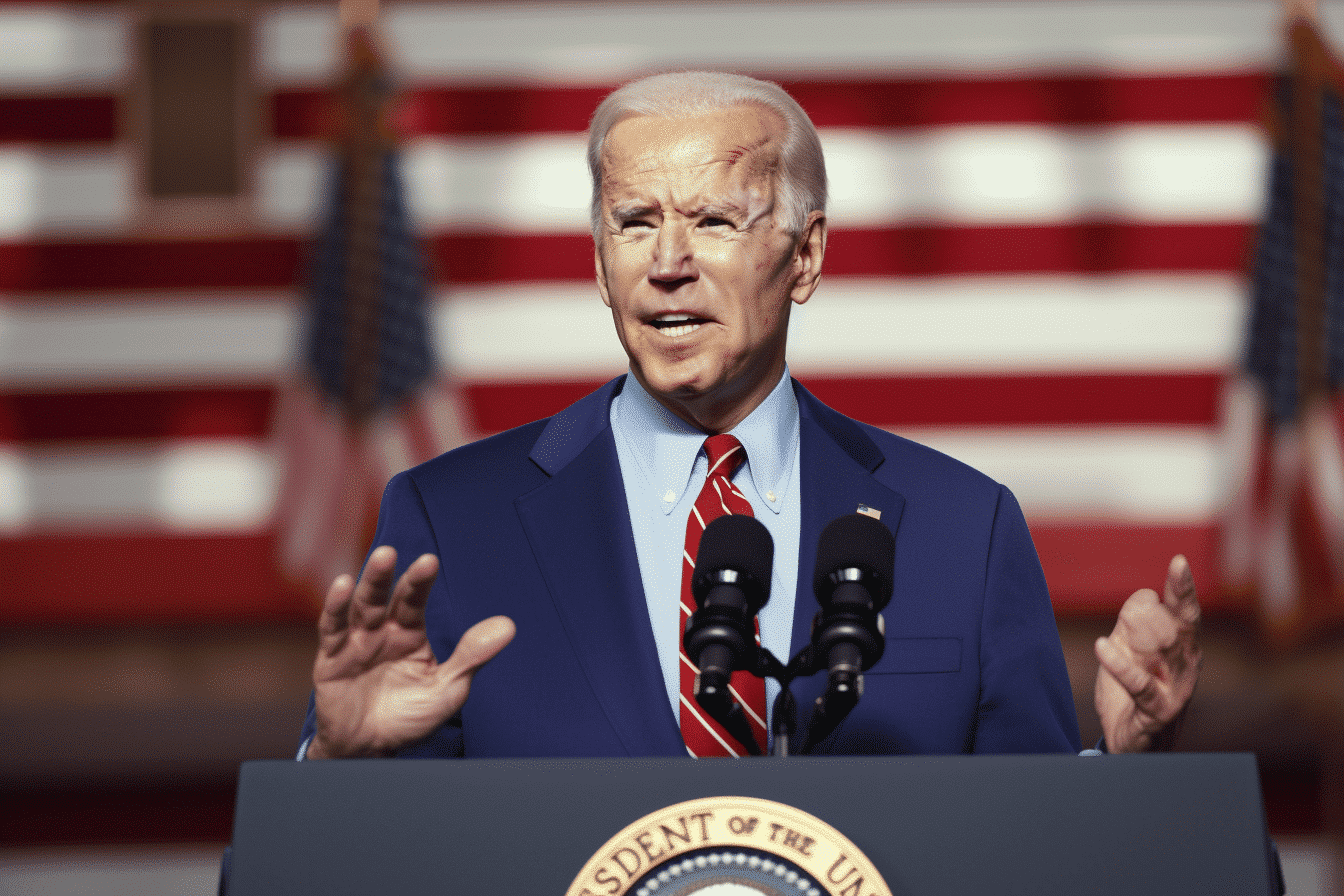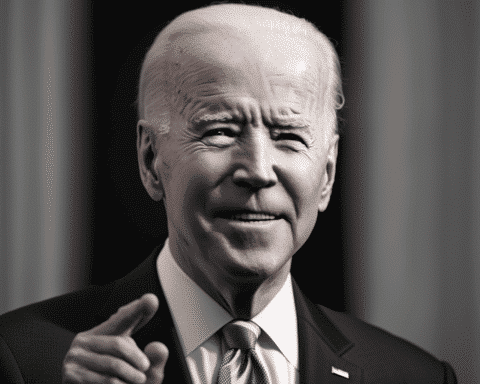In a significant move aimed at addressing climate change concerns, the Biden administration has announced a delay in the consideration of new natural gas export terminals in the United States. This decision comes amid a surge in gas shipments to Europe and Asia following Russia’s invasion of Ukraine.
President Joe Biden’s election-year choice aligns with his commitment to reducing climate pollution by 50% by 2030, a pledge that has garnered strong support from environmentalists. They argue that the substantial increase in liquefied natural gas (LNG) exports could contribute to catastrophic planet-warming emissions.
The decision is grounded in concerns that the current economic and environmental analyses used by the Energy Department do not adequately account for potential cost increases for American consumers and manufacturers, nor do they sufficiently consider the impact of greenhouse gas emissions.
Critics argue that the delay benefits Russia, as U.S. gas exports have been celebrated as a strategic tool against Russian President Vladimir Putin’s influence. However, environmentalists view it as a positive step, especially in light of Biden’s approval of the massive Willow oil project in Alaska last year. It’s worth noting that a proposed LNG export terminal in Louisiana is projected to produce about 20 times the greenhouse gas emissions of the Willow project.
Energy Secretary Jennifer Granholm clarified that the pause will not affect already authorized export projects and that U.S. gas exports reached record highs last year. There are currently seven operational LNG terminals, with more expected to come online in the coming years. Granholm also mentioned that exceptions for national security needs could be allowed if necessary.
While the duration of the permitting pause remains undisclosed, a comprehensive study assessing the environmental, economic, and national security impacts of proposed LNG projects will take several months. A public comment period is expected to follow, potentially delaying decisions on pending LNG projects until after the 2024 presidential election.
The United States only began exporting liquefied natural gas less than a decade ago but has rapidly become the world’s largest gas exporter. This expansion was notably accelerated following Russia’s invasion of Ukraine in February 2022, with U.S. gas shipments to Europe and Asia being hailed as a geopolitical countermeasure.
Critics, including the American Petroleum Institute (API), the largest lobbying group for the oil and gas industry, argue that this delay hurts American allies, U.S. jobs, and global climate progress. They stress the benefits of U.S. LNG exports in stabilizing global energy markets, creating jobs, and transitioning countries toward cleaner fuels.
In contrast, environmental activists see President Biden’s decision as a game-changer in the fight against climate change. They emphasize the importance of addressing methane leaks and the energy-intensive process of liquefying gas, considering LNG a significant contributor to climate change.
As the Biden administration navigates the delicate balance between economic interests and environmental concerns, the delay in approving new natural gas export terminals marks a critical step toward reevaluating the impact of energy projects on the environment and the nation’s overall commitment to combating climate change.




